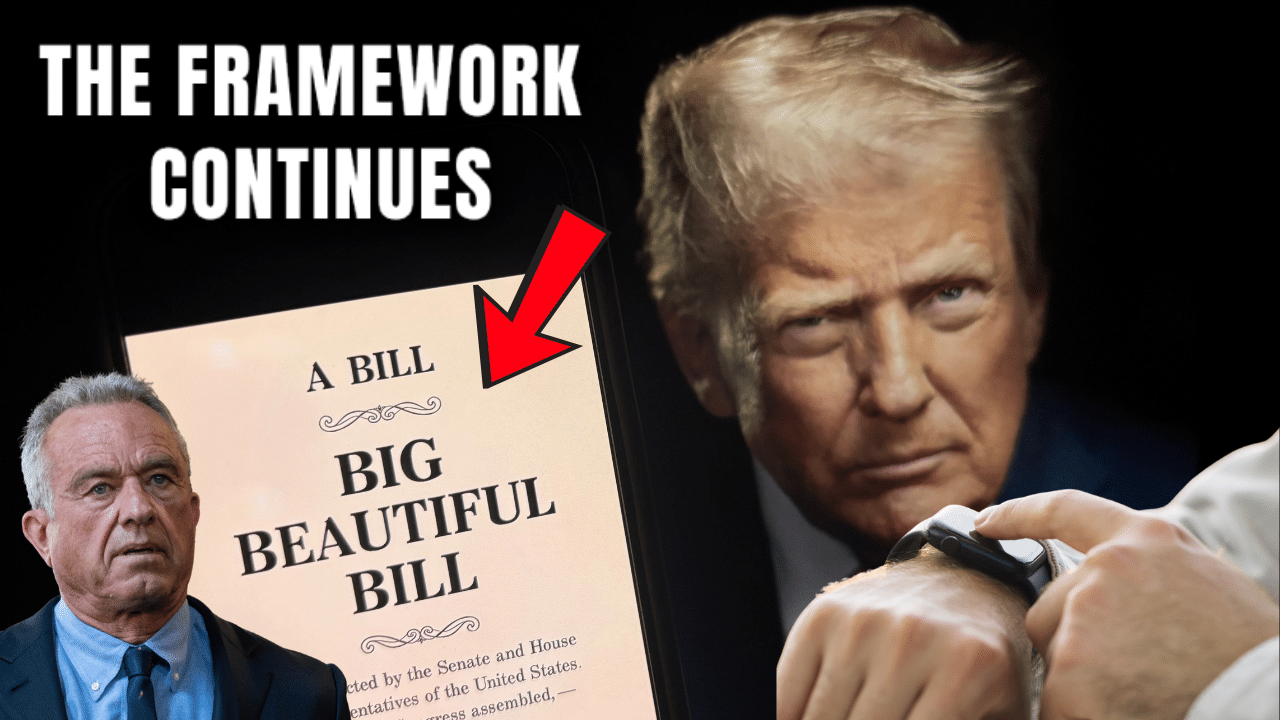In a heartbreaking incident in Zapopan, Mexico, 23-year-old beauty influencer Valeria Marquez was fatally shot during a TikTok livestream from her beauty salon.
The tragedy unfolded as Marquez, known to her over 100,000 Instagram followers, was engaging with her audience.
A small parcel containing a stuffed piglet was delivered to her door, which she playfully showed to her viewers, moments before a male intruder entered and shot her.
Marquez slumped over her desk, blood pooling, as the livestream continued until another person picked up her phone, briefly appearing on camera.
The Jalisco Attorney General’s office is investigating Marquez’s killing as a suspected femicide, defined as the gender-based killing of a woman or girl.
According to CNN, this high-profile case has reignited concerns about Mexico’s ongoing struggle with violence against women and high homicide rates. The brutal nature of the attack, broadcast live to Marquez’s followers, has sent shockwaves across the nation.
Marquez’s death follows another shocking incident just days prior, where a female mayoral candidate in Veracruz was shot dead during a livestream, along with three others.
These cases highlight the pervasive issue of femicide in Mexico. According to Amnesty International, in 2020, a quarter of female homicides were investigated as femicides, with cases reported in all 32 Mexican states.
Government figures report 847 femicide cases nationwide in the previous year, with 162 in the first three months of this year alone.
Mexico’s response to homicides, particularly femicides, has been widely criticized by human rights organizations.
In 2022, approximately 4,000 women were killed, accounting for 12% of all homicides that year, according to Human Rights Watch Americas Director Juanita Goebertus.
However, only about 67% of these cases result in a verdict. Goebertus emphasized that the primary challenge lies in enhancing authorities’ capacity to investigate effectively and protect witnesses and victims.










